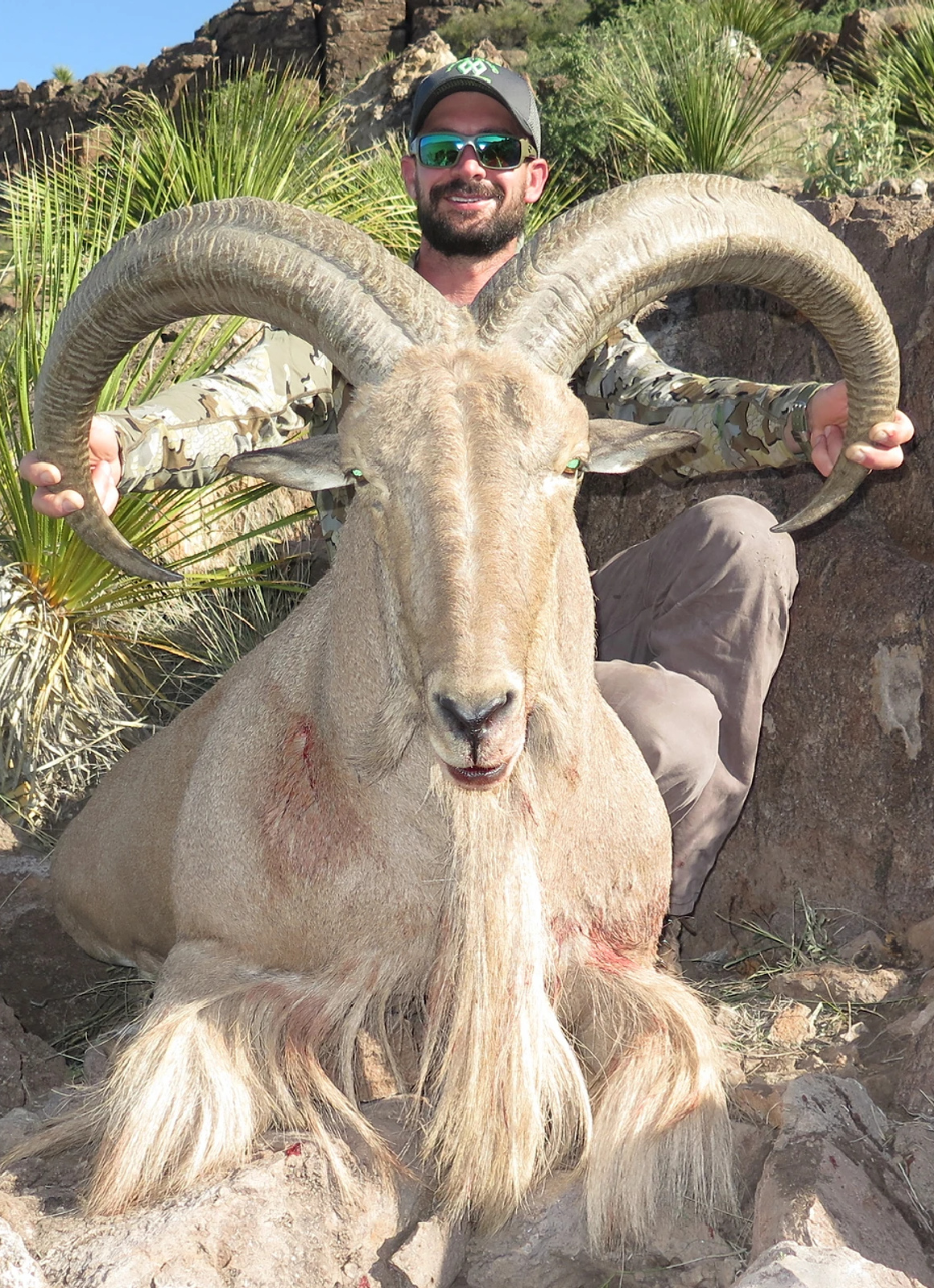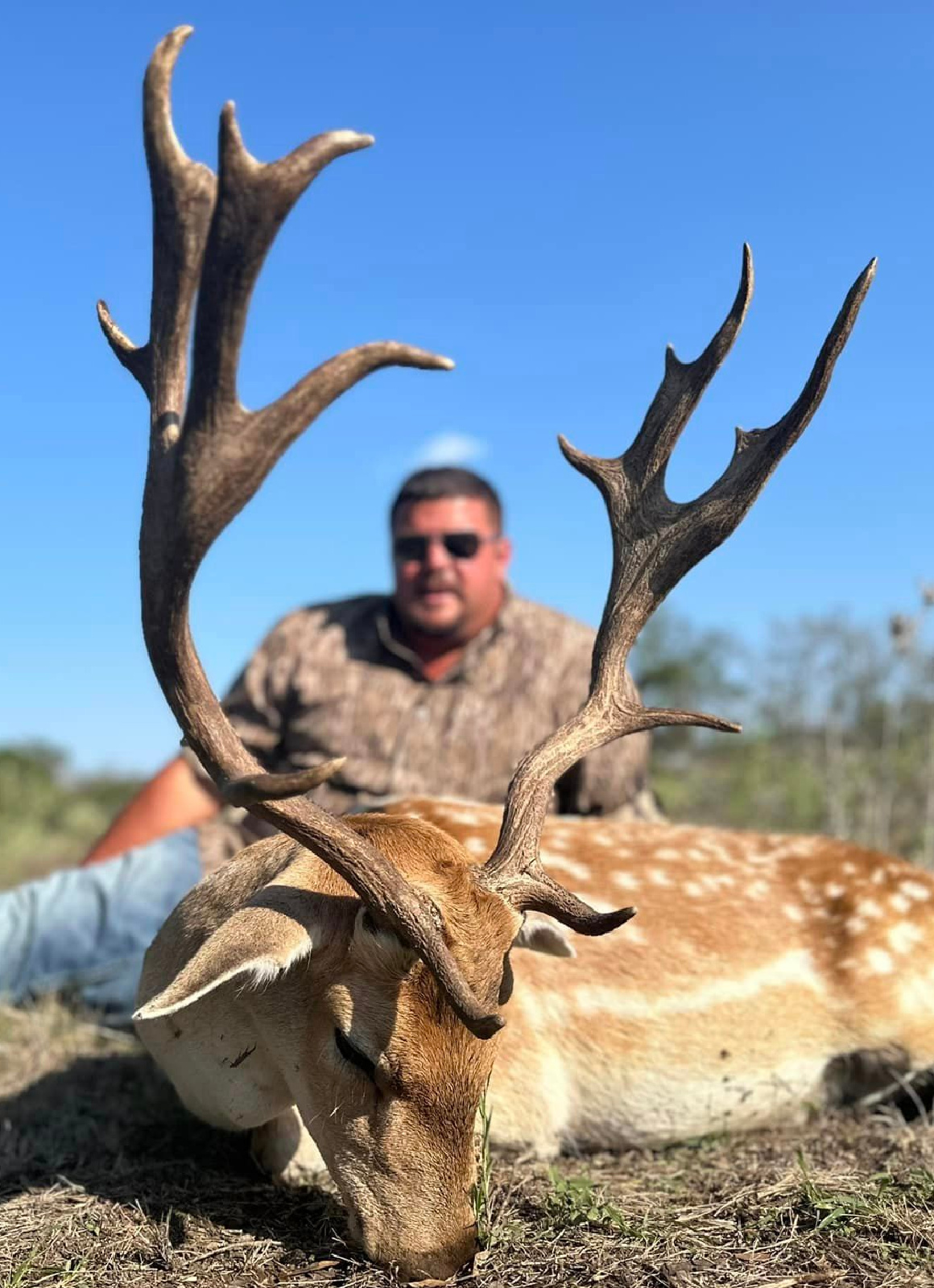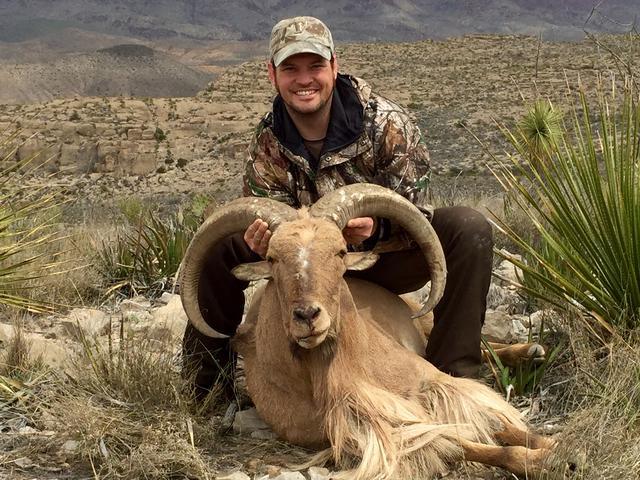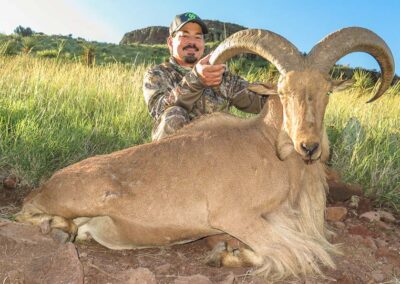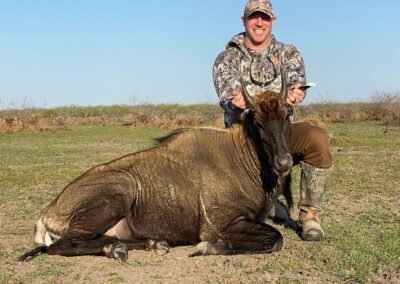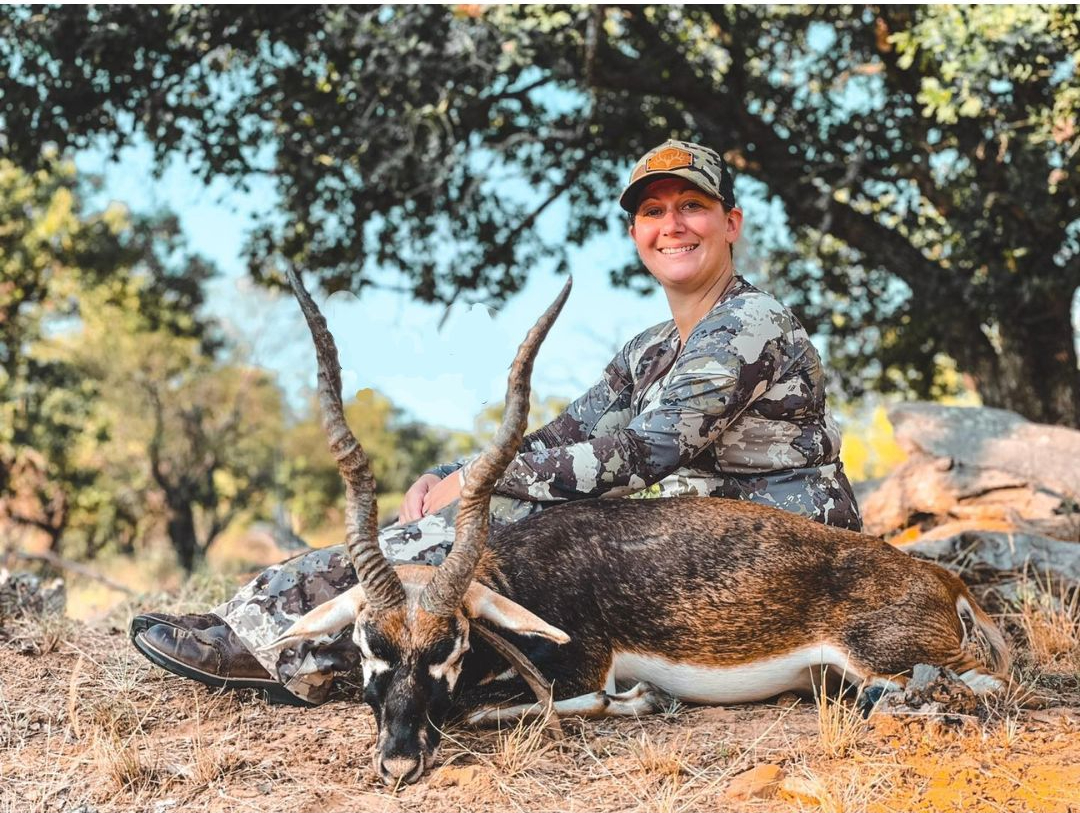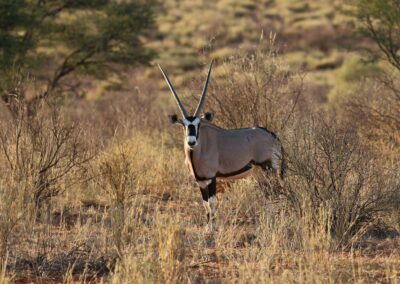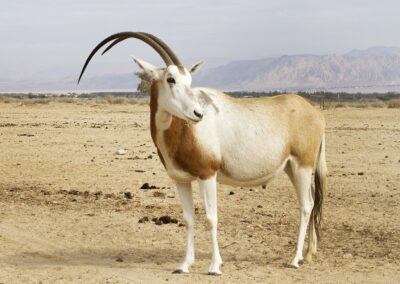MOST POPULAR TRIPS
Exotic Hunts in Texas
In the mid-20th century, landowners began introducing exotic animals from Africa, Asia, and Europe onto private ranches for conservation and hunting. Over the years, some species established free-range populations, adapting well to the Texas landscape and climate. Today, these species contribute to both local economies and conservation efforts, creating a unique ecosystem blending native and non-native wildlife.
Exotic species hunting in Texas offers an exciting opportunity to pursue animals typically native to far-off continents. With a mix of free-range and high-fence hunting options, Texas is home to over 80 exotic game species, making it a leading destination for those looking to experience a diverse hunting experience without leaving the country.
Regulations for Exotic Hunting in Texas
In Texas, exotic game species are generally classified as non-game animals, which means they are not subject to the same strict hunting seasons and bag limits as native game animals like whitetail deer or wild turkey. Here’s a closer look at the regulations and hunting seasons that apply:
-
- No Closed Season: Since exotics are considered non-native, there are no designated closed seasons. Hunters can pursue most exotic animals year-round. However, some ranches may establish their own guidelines based on breeding cycles or environmental factors.
- License Requirements: While there are no bag limits or official seasons for exotic animals, hunters still need a valid Texas hunting license. The type of license depends on whether the hunter is a Texas resident or a non-resident. No special permits are generally required for most exotic species, but always confirm with the ranch or local authorities.
- Hunting Methods: Hunters may use firearms, bows, crossbows, and other approved methods of take, similar to native game hunting regulations. The method can vary by ranch, so it’s essential to verify with the specific location.
- High-Fence vs. Free-Range Regulations: High-fence ranches often manage exotic species more closely and may have specific rules to follow. Free-range hunting is typically less controlled, but hunters should still follow any applicable Texas Parks and Wildlife Department (TPWD) regulations and ensure permission from landowners.
Recommended Hunting Seasons by Species
While exotic hunting is open year-round, some seasonal recommendations make for better hunting experiences:
-
Axis Deer: Available year-round, but peak hunting typically aligns with their rut season in May through August. This is when bucks are most active and visible.
-
Blackbuck Antelope: Year-round availability, though cooler months from October to March are ideal since blackbucks are more active and visible in these milder conditions.
-
Nilgai Antelope: Available all year, with fall and winter months (October–February) recommended for more comfortable hunting conditions.
-
Aoudad Sheep: Year-round, but winter to early spring (December–March) is ideal for free-range hunts in mountainous areas, where visibility is better, and temperatures are more tolerable.
-
Scimitar-Horned Oryx: Huntable year-round, though winter months (November–February) are preferred for easier movement and tracking.
Invasive and Conservation Species Regulations
Some exotic species, like nilgai and aoudad, are monitored by the TPWD to ensure they do not negatively impact native ecosystems. Ranches work to balance herd sizes, and hunters can play a role in this conservation by participating in managed hunts that contribute to species control and habitat preservation.
1. Free Range Exotics
A free-range exotic hunt in Texas offers a uniquely challenging and authentic experience for hunters, combining elements of traditional big game hunting with the thrill of tracking non-native species in the wild.
Other reasons to choose a free-range hunt:
- Private Land: Texas’s vast private lands and diverse terrain—from rocky hills to open plains—allow species like aoudad, axis deer, and nilgai to roam freely, offering hunters an unpredictable, fair-chase environment.
- Challenging: Unlike fenced hunts, free-range hunting tests the hunter’s tracking, spotting, and stalking skills.
- Conservation: Additionally, hunting exotics provides conservation benefits, as it helps manage non-native populations that can impact native ecosystems.
- Flexible Hunting Seasons: Texas’s flexible year-round hunting seasons and abundant exotic game also make it a prime destination for hunters seeking adventure and variety.
2. High Fence Hunts
High-fence hunting allows ranches to create an environment that mimics the animals’ natural habitat, ensuring ethical and fair-chase conditions across large properties. For these exotic species, high-fence ranches provide:
- Conservation Efforts: Many ranches work closely with conservation programs to ensure sustainable populations, allowing hunters to support species that may be endangered in their native lands.
- Controlled Genetics: With managed breeding programs, ranches can promote genetic diversity, ensuring impressive trophies like large antlers and horn structures.
- Habitat Management: High-fence ranches create habitats tailored to each species’ needs, allowing animals to thrive in Texas while offering hunters an authentic, challenging experience.
These carefully managed high-fence environments allow hunters to engage in a unique hunting experience that supports conservation while providing access to rare and exotic trophies.
Additional Resources for Hunters
- Texas Parks and Wildlife Department (TPWD): Offers information on hunting licenses, regulations, and best practices for hunting exotics.
- Exotic Wildlife Association (EWA): Provides guidelines and best practices for ethical and sustainable exotic game hunting in Texas.
Staying informed through local regulations and ranch-specific rules ensures a responsible and fulfilling exotic hunting experience in Texas.
Join Venku
Book a Trip.
Become a Host.
The wilderness is calling.


